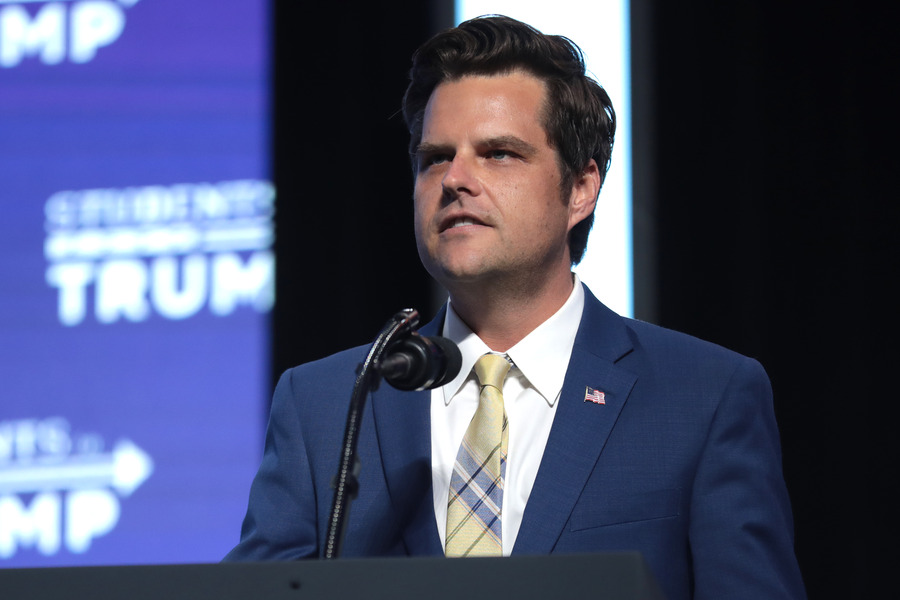The Presidential Memorandum and the “Public Charge” Law
With all eyes focused on the new executive order, the Trump Administration may have snuck in the beginnings of another controversial policy shift severely restricting immigration to the United States.
Published by The Lawfare Institute
in Cooperation With

With all eyes focused on the new executive order, the Trump Administration may have snuck in the beginnings of another controversial policy shift severely restricting immigration to the United States.
In late January, just after the initial refugee order, The Washington Post reported on a draft executive order entitled “Executive Order on Protecting Taxpayer Resources by Ensuring Our Immigration Laws Promote Accountability and Responsibility.” The document, apparently authored by Andrew Bremberg, Assistant to the President and Director of the Domestic Policy Council, proposed revamping the so-called “public charge” law.
The Public Charge Law
The Immigration and Naturalization Act prohibits admission to the U.S. of those who might require significant public assistance, and authorizes deportation of legal immigrants who end up using significant public benefits—in other words, those who are likely to be or have become a “public charge.” To determine who is likely to become a “public charge,” the statute takes into account age, health, family status, assets and income, and education and skills.
Long-standing federal guidance limits the kinds of benefits that the federal government will consider for determining inadmissibility or deportability under the public charge law to cash benefits, in part because extending the analysis to all benefits may deter immigrants from seeking health care, which would threaten public health and security more broadly. Therefore, under the existing guidance, accessing many health programs has not been understood to affect a public charge determination.
The January Proposal
The January leaked proposal suggested directing a number of agencies to report on the cost of public benefits used by immigrants and specifically charging the Department of Homeland Security and the State Department to “establish new standards and regulations for determining when aliens will become subject to the ‘public charge’ grounds of inadmissibility and deportability.”
That public charge policy proposal was based on a dubious claim that “households headed by aliens (legal and illegal) are much more likely than households headed by native born citizens to use federal means-tested public benefits.” The proposal failed to provide any evidence for the claim and it is one that is hotly contested even by the right-leaning Cato Institute.
The January leak met with significant public criticism, including charges that it oversimplified and misrepresented the issues and that the proposal would discourage even lawful immigrants from seeking care and thereby threaten public health. But after that initial leak, nothing materialized. Until now.
The Presidential Memorandum
Yesterday may have seen movement toward that policy—a policy that could threaten national security by discouraging immigrants from seeking health care—through a subtle but significant development in the shadow of the refugee order. Section 3 of yesterday’s presidential memorandum is titled “Enforcement of All Laws for Entry Into the United States.” That section directs agencies “to rigorously enforce all existing grounds of inadmissibility and to ensure subsequent compliance with related laws after admission.” Furthermore, the memorandum directs agencies to “issue new rules, regulations, or guidance . . . to enforce laws relating to such grounds of inadmissibility and subsequent compliance,” rules which are to “supersede any previous rules to the extent of any conflict.”
It’s hard to read that and not see the connection to the proposed public charge order—a potentially far-reaching law that could severely limit lawful immigration, but which long-standing regulatory guidance has limited in application. Although yesterday’s big news was the executive order, this seemingly small piece of the presidential memorandum might significantly impact another immigration policy sphere that implicates national security. This is another area to watch.


-(1).jpeg?sfvrsn=143eb65_5)
.jpg?sfvrsn=d5e57b75_5)

